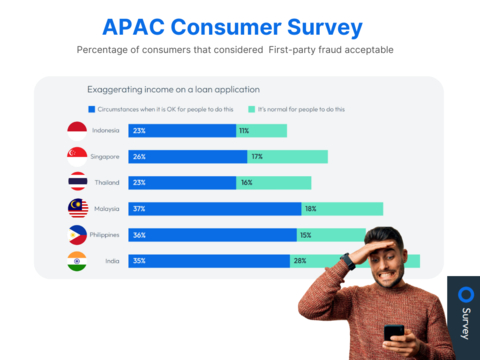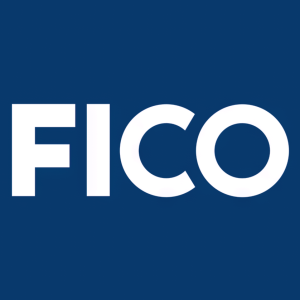FICO Survey: Rising Acceptance of ‘Liar Loans’ Among Filipino Consumers
More than a third of Filipinos think it’s OK to deliberately mislead on personal loans, mortgages, auto and other applications

Highlights
-
Half of Filipinos (
51% ) think it’s OK or normal for people to exaggerate their income on loan applications, significantly more than the global average of39% -
One in six Filipinos (
16% ) believe it’s normal for people to deliberately misrepresent their income on mortgage applications -
Falsifying insurance claims is viewed as the most taboo form of fraud, with more than three in five Filipinos (
62% ) believing it is not acceptable
Global analytics software leader FICO today shared its latest global consumer fraud research, revealing alarming attitudes toward first-party financial fraud both globally and in the Filipino market.
More than half of Filipinos think it is normal or acceptable in some cases to misrepresent their income on applications for a bank account (
Close to half (
Globally, attitudes differ, with the survey revealing that the majority of consumers (
“With a noticeable percentage of Filipino consumers viewing income falsification as acceptable or justified, the problem of ‘liar loans’ calls for financial institutions to strengthen their risk assessment procedures,” said Aashish Sharma, APAC segment leader for risk lifecycle and decision management at FICO. “Banks play an essential role in steering consumers away from inadvertently committing fraud through robust fraud detection strategies and consumer education.”
More information: https://www.fico.com/en/latest-thinking/ebook/consumer-survey-2023-digital-banking-customer-preferences-and-fraud-controls
Growing Mortgage Sector at Risk of Application Fraud
The FICO survey reveals that close to two in five (
Even when a mortgage application from an existing customer appears legitimate on paper, the established banking relationship can be exploited to commit fraud. By exaggerating income, such as inflating self-employment earnings or overstating bonuses, as well as omitting debts or misrepresenting personal circumstances applicants can manipulate the loan process, making it difficult for lenders to detect these discrepancies without thorough and proactive verification measures.
“Financial institutions must adopt a holistic approach to data to overcome the unique challenges posed by application fraud,” noted Sharma. “This should include integrating comprehensive data analysis and continuously monitoring accounts for early detection of sleeper fraud.”
Falsifying Insurance Claims Is Most Taboo
Falsifying insurance claims is viewed as the most taboo form of fraud, according to FICO’s research. Around two-thirds of consumers globally believe it is never acceptable to exaggerate the value of stolen property or add false items to a claim. This sentiment is echoed by three in five Filipino respondents (
Matching global trends, attitudes shift regarding other financial products. Half of consumers globally, including two in five Filipinos (
“The FICO survey reveals an alarming acceptance of application fraud among consumers, potentially driven by rising cost-of-living pressures,” noted Sharma. “Financial institutions must evolve their fraud strategies to keep pace with such trends and prevent customers from unwittingly engaging into questionable or criminal behavior.”
The survey was conducted in November 2023 by an independent research company adhering to research industry standards. 1,001 Filipino adults were surveyed, along with approximately 12,000 other consumers in
About FICO
FICO (NYSE: FICO) powers decisions that help people and businesses around the world prosper. Founded in 1956, the company is a pioneer in the use of predictive analytics and data science to improve operational decisions. FICO holds more than 200 US and foreign patents on technologies that increase profitability, customer satisfaction and growth for businesses in financial services, insurance, telecommunications, health care, retail and many other industries. Using FICO solutions, businesses in more than 100 countries do everything from protecting 4 billion payment cards from fraud, to improving financial inclusion, to increasing supply chain resiliency. The FICO® Score, used by
Learn more at http://www.fico.com.
Join the conversation at https://x.com/FICO_corp & http://www.fico.com/en/blogs/
For FICO news and media resources, visit www.fico.com/news.
FICO is a registered trademark of Fair Isaac Corporation in the US and other countries.
View source version on businesswire.com: https://www.businesswire.com/news/home/20240925667412/en/
Lizzy Li
RICE for FICO
+65 9034 7768
lizzy.li@ricecomms.com
Saxon Shirley
FICO
+65 9171 0965
saxonshirley@fico.com
Source: FICO







